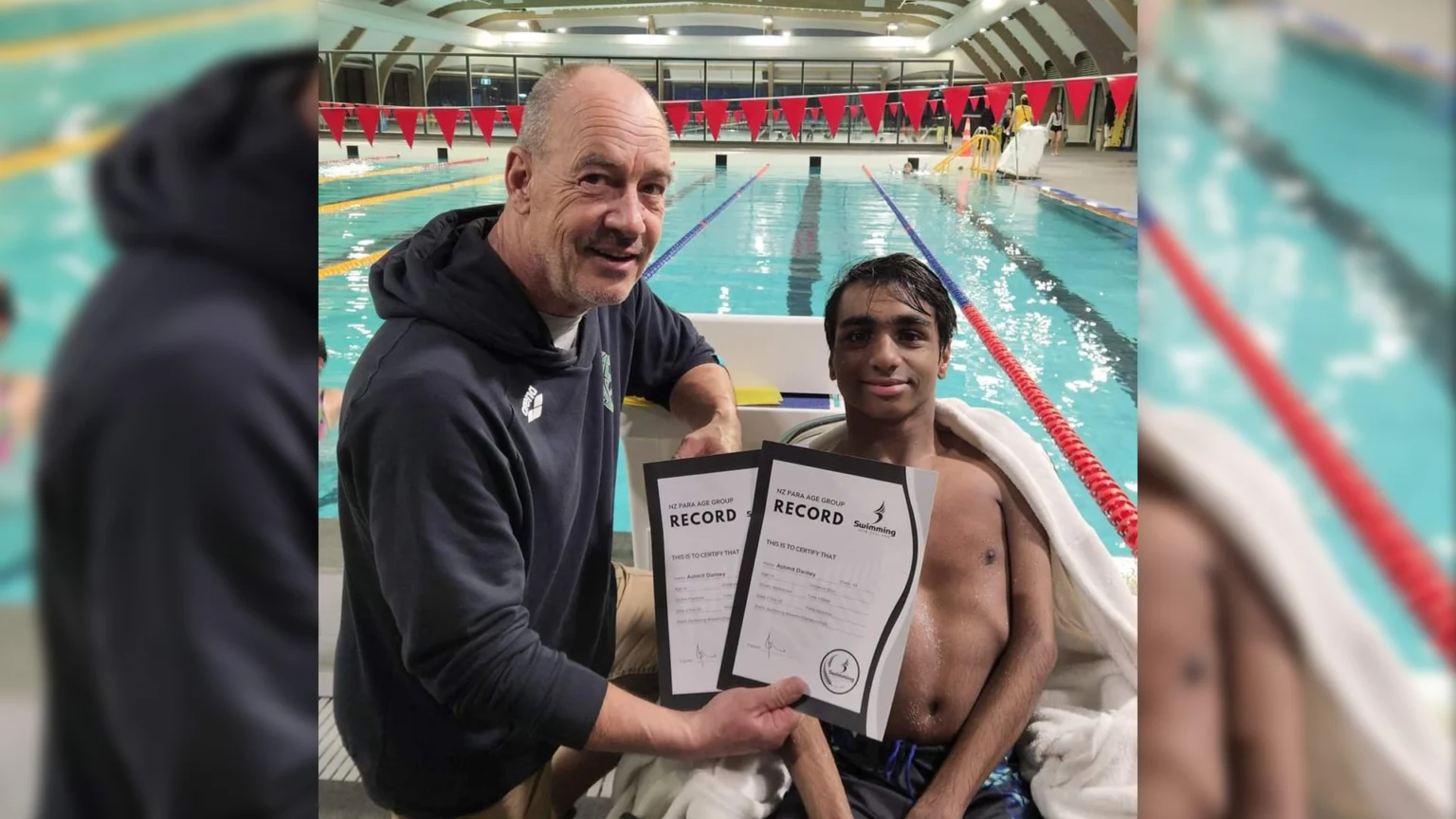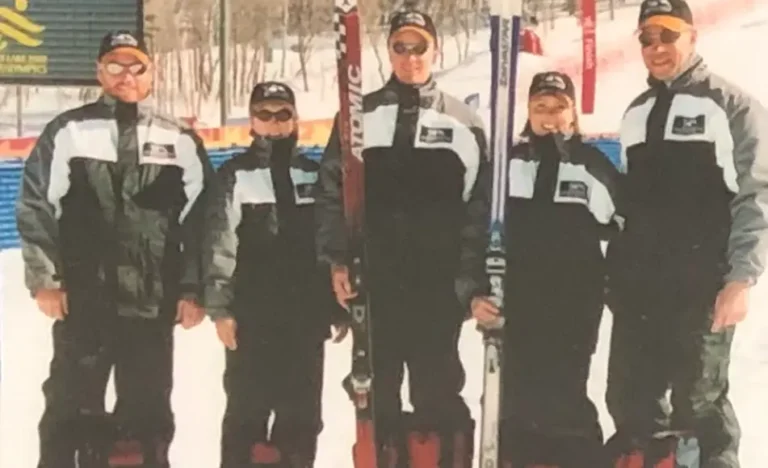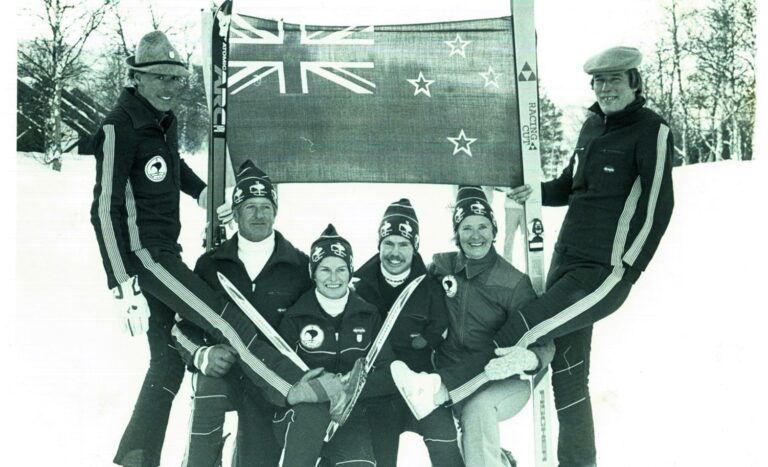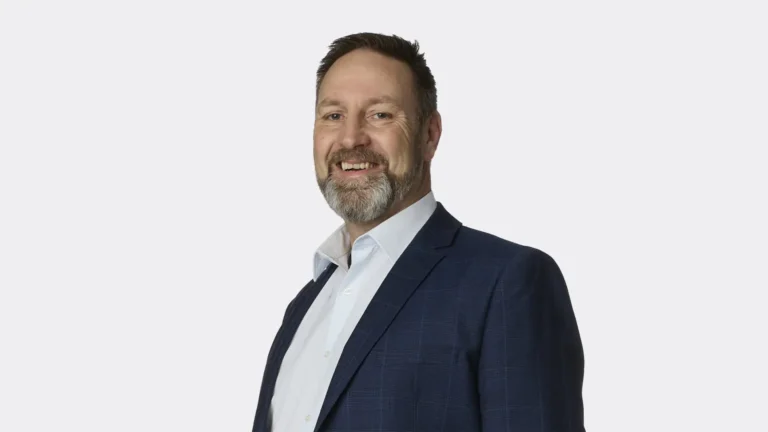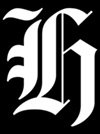For Para swimming coach Henk Greupink the Para Sport Collective has given him the tools to allow his Para athletes to thrive on the high performance stage.
As the founder of the Rotorua-based Te Arawa Swimming Club, Henk oversees a successful 12-strong squad of Para swimmers, but as a part of intake two of the Para Sport Collective, supported by ACC, this has offered the Dutch-born Kiwi additional skills to better support his Para athletes.
“Everything on the Para Sport Collective is through a high performance lens,” he explains. “So, for example, when we had nutritional advice, it was more based on how to prepare yourself while competing or training overseas. That is what I most got out of the Para Sport Collective, that big picture coaching on the international stage.”
Born and raised in the small Dutch city of Coevorden, situated close to the German border, Henk impressed in water sports. Initially featuring as a swimmer, he later transitioned to the sport of fin swimming, reaching World and European finals in the competitive underwater sport, in which athletes use fins, masks, and snorkels to propel themselves through the water.
Combining working full-time as a police officer with his fin swimming career, Henk also started his coaching career as a young adult. Initially guiding younger kids, he progressed to coaching the Dutch fin swimming team at the World Junior Championships.
“For me, coaching was just a natural flow on from my police work in terms of learning how to communicate and work with different people. Being in the police force was of massive benefit to my coaching career because the job naturally involves both communication and leadership.”
Arriving in Aotearoa New Zealand in 1993, Henk quickly fell in love with the country and settled in Rotorua where he has remained ever since. Re-engaging with coaching in 1996 he enjoyed the challenge of the role and working towards fulfilling other athletes’ goals.
His passion for Para swimming was ignited after his local Rotorua Aquatic Centre – which boasts a 50m outdoor and 25m indoor pool – was regularly used as a base for national Para swimming camps.
“Initially the camps were led by Clive Power (ONZM), a well-known Para swimming coach, and later Gary Francis took over the camps from Clive,” explains Henk. “I knew Gary and I asked if I could come along and observe. He said, ‘that’s a great idea, why don’t you come along and run a session.’ I remember not being able to sleep the night before, worried about how I was going to coach a group of Para swimmers with different disabilities. But I remember I loved the experience. It was in the days of a young Dame Sophie Pascoe (DNZM, Paralympian #166) and Cameron Leslie (MNZM Paralympian #164), where Gary would guide and mentor me.”
Forming the Te Arawa Swimming Club in 2012 with the overarching philosophy of a fully inclusive club – encompassing both Para swimmers and non-disabled swimmers – his connection to coaching Para swimmers accelerated in 2016 after meeting Siobhan Terry.
Henk successfully guided Siobhan to national medals before she later transitioned to Para cycling. But what challenges does coaching a Para swimmer present?
“I quickly learned with all Para swimmers there is no script on how you work with them,”
he explains. “But the beautiful thing about Para sport is you can be really open with the Para athletes and find out more about their disability and work with them.”
Today Henk oversees a group of around a dozen Para swimmers with a range of disabilities including emerging 16-year-old Ashmit Danney, who has set numerous national junior S4 records and is now classified as an S3 Para swimmer.
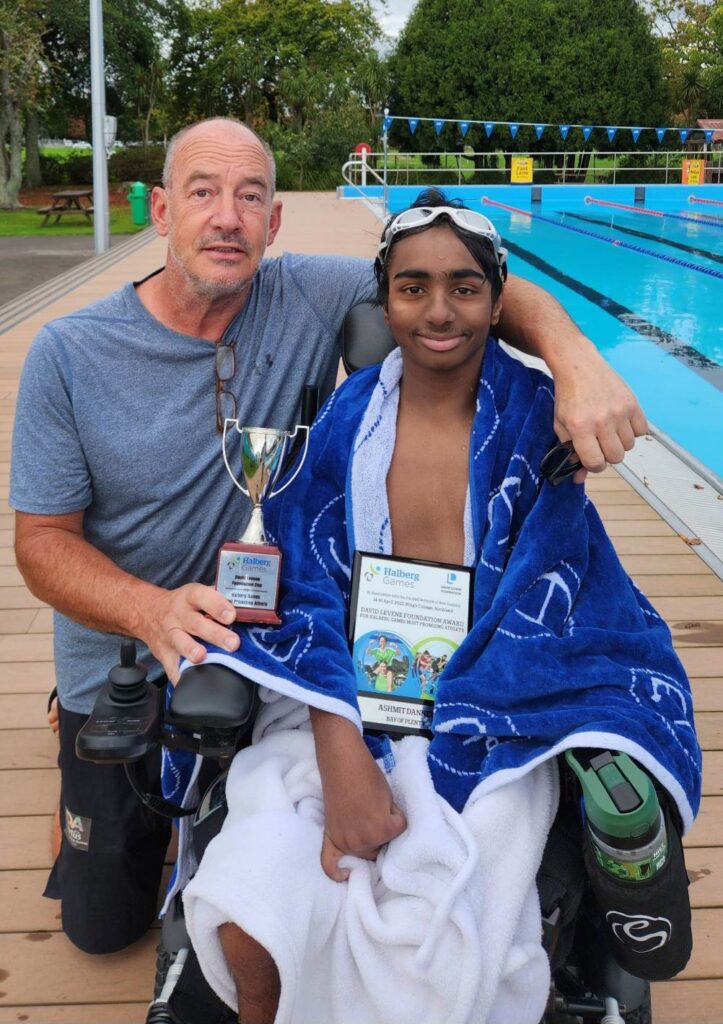
Utilising four of his former and current swimmers to carry out much of the day-to-day coaching with his Para swimming group fits into Te Arawa’s vision of inclusiveness.
“Having able bodied swimmers alongside Para swimmers has created a lot of tolerance among our members and they have a much greater understanding of different types of disabilities. This is part of the bigger picture, and it is what, in my opinion, every club should look like in New Zealand.”
Being part of the Para Sport Collective was a chance to build on his existing knowledge and learn new ideas, but for Henk the key was the title of the event.
“It was a genuine collective and a great place to share thoughts, stories and listen to others in the Para sector,” he explains. “Everyone approaches each challenge slightly differently and that networking aspect was really important. I’m big on engaging, learning and trying new things, which is what the Collective allowed me to do.”
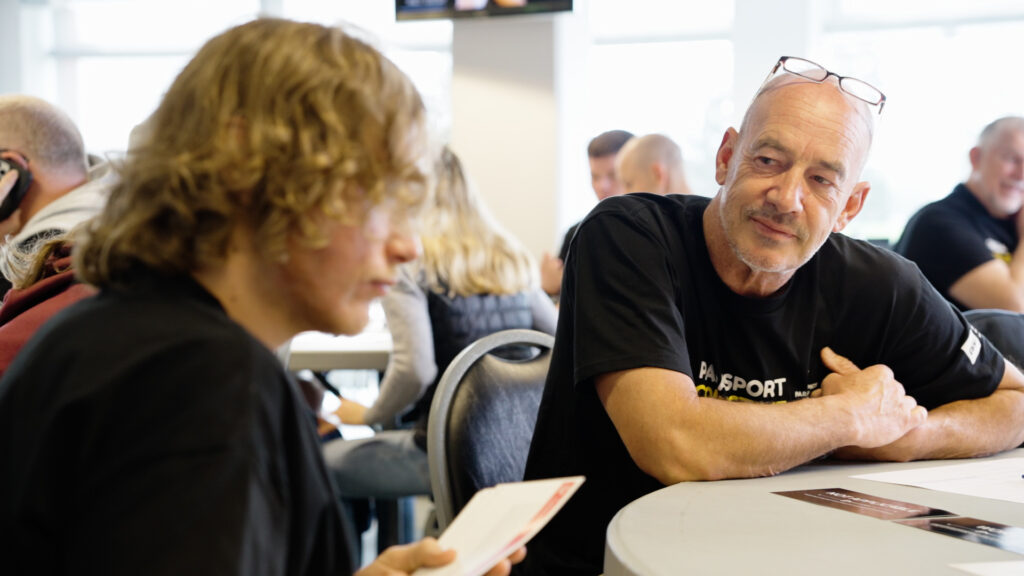
Henk continues to be motivated to get the best out of all of his athletes, fuelled by a desire to help Para swimmers achieve their goals.
“For me disabled people are too easily put in a box, and that somehow coaching Para swimmers is too difficult,” he explains. “But why should someone with one leg or one arm or an intellectual impairment be left out? That to me is such an unfair approach.”
To find out more about Para swimming go here.

